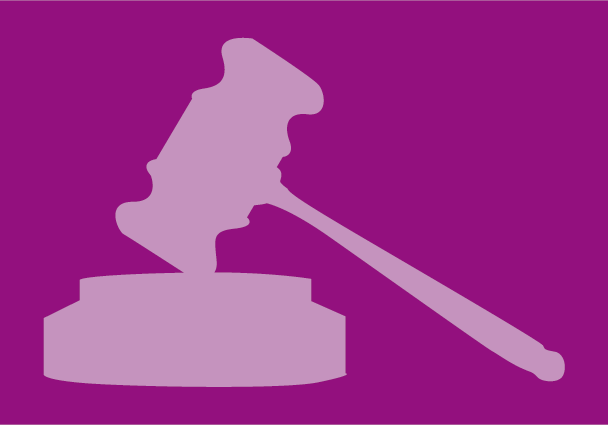Today, ICJ’s Centre for the Independence of Judges and Lawyers released the findings of its 10th annual report, Attacks on Justice – The Harassment and Persecution of Judges and Lawyers.
The report highlights individual cases of harassment of lawyers and judges and systemic deficiencies in the operation of the judiciary in various countries.
The report notes that there is no objective evidence to suggest a decline in the harassment and persecution of judges and lawyers from last year. The situation remains bleak.
From January 1999-February 2000, at least 412 jurists suffered reprisals in 49 countries for carrying out their professional duties. Of these, 16 were killed, 12 disappeared, 79 were prosecuted, arrested, detained or even tortured, 8 physically attacked, 35 verbally threatened and 262 professionally obstructed and/or sanctioned.
In Colombia alone, 8 jurists were killed, 10 kidnapped, and 14 threatened or assaulted. In Sri Lanka 2 prominent human rights lawyers were assassinated. The murders of human rights lawyers Patrick Finucane (1989) and Rosemary Nelson (1999) in Northern Ireland have not yet been the subject of a credible and impartial investigation.
Lawyers face persistent harassment, including through detention and unreasonable government regulation of their activities in Belarus, Egypt, Tunisia, Sudan, Azerbaijan and Iran.
In Egypt, military courts continue to try civilians, including lawyers, with little guarantee of due process. In Guatemala and Mexico, judicial authority has been severely undermined by immunity from prosecution granted to State officials, particularly the military.
The lack of tenure for judges erodes judicial independence and fetters the judiciary’s vital constitutional role as a check on Executive power. Executive stacking of the judiciary in Pakistan, Peru and Ecuador is of particular concern. In Malaysia, the independence of judges and lawyers is seriously threatened in those cases where important political or economic issues are at stake. In Venezuela at least 230 judges were suspended during the year without due process.
In the Russian Federation, the judiciary is so under-resourced that it undermines public confidence in the administration of justice and provides fertile ground for corruption. The report also notes that in 1999, the European Court of Human Rights ruled against the UK, France, Italy, Liechtenstein and Turkey on issues related to the administration of justice.
The report provides States with clear and unequivocal warning signals. Harassment and persecution of judges and lawyers threaten the protection of human rights and undermine the effective functioning of the judiciary. This is contrary to the interest of all citizens.
A strong judiciary is essential to uphold the Rule of Law which is of critical importance in the context of increased trade and investment flows and to guard against the excesses of both governments and transnational economic actors. An effective local judiciary offers the best solution to local disputes. Recourse by TNCs to international arbitration and mediation only undermines the primacy of the local jurisdiction and erodes national sovereignty.





